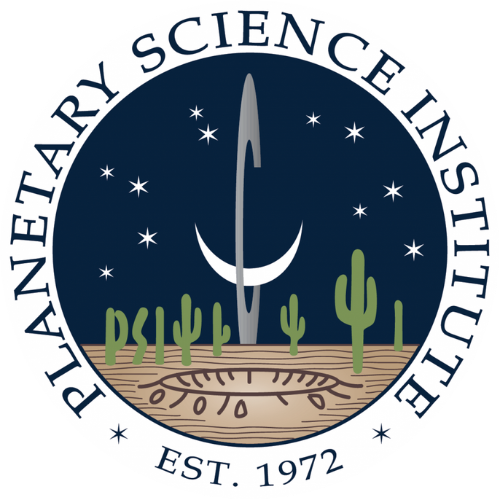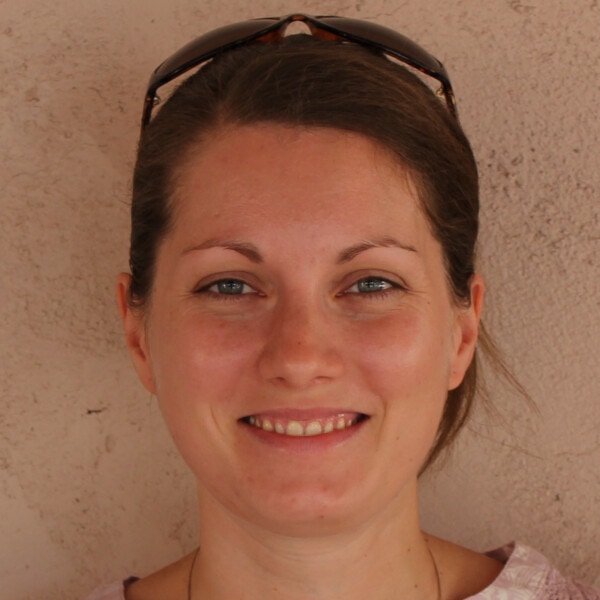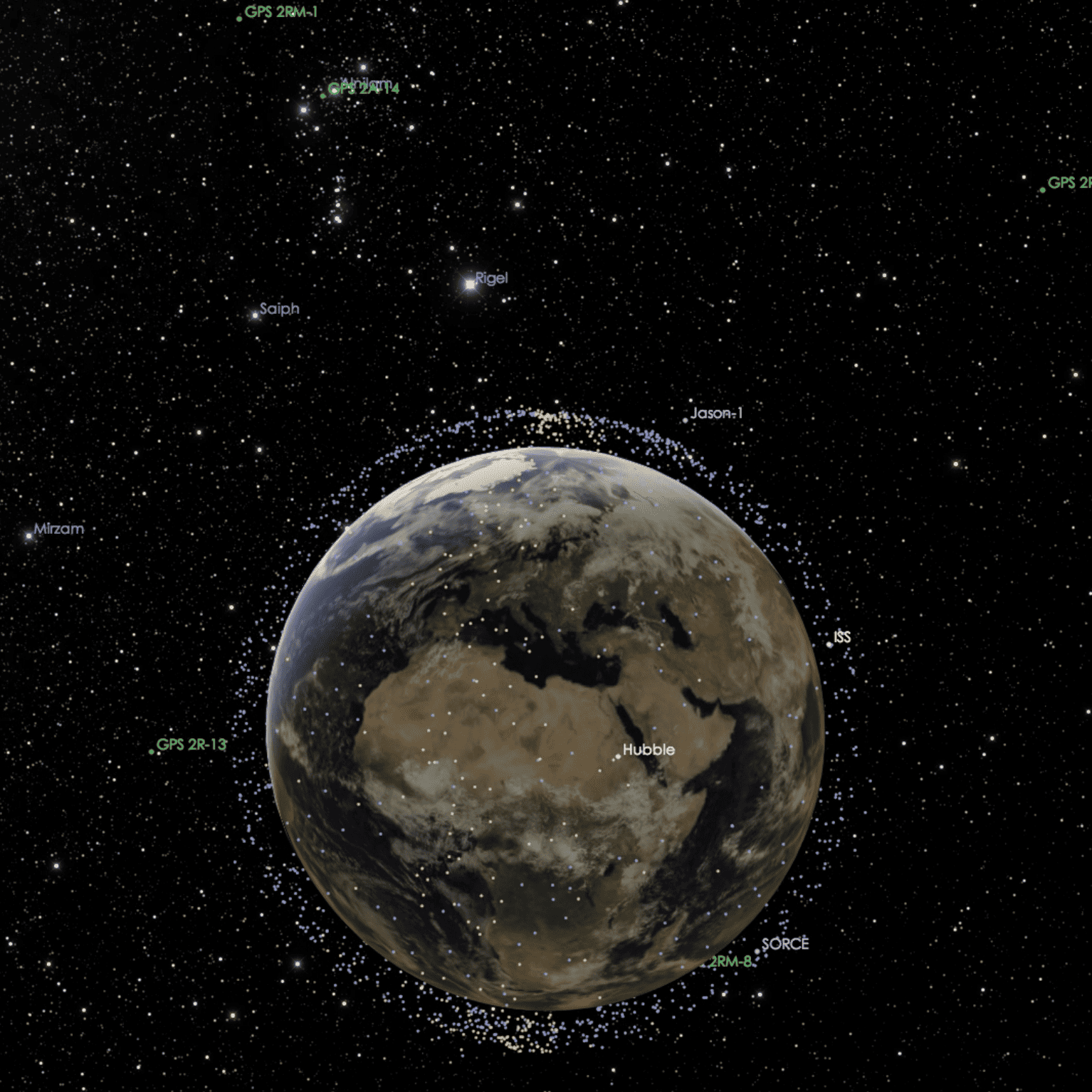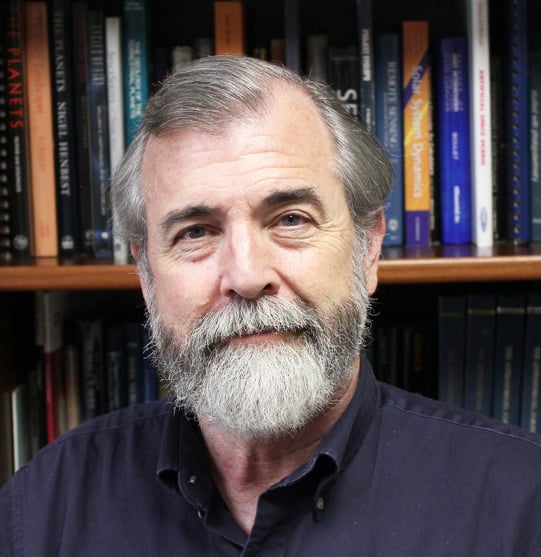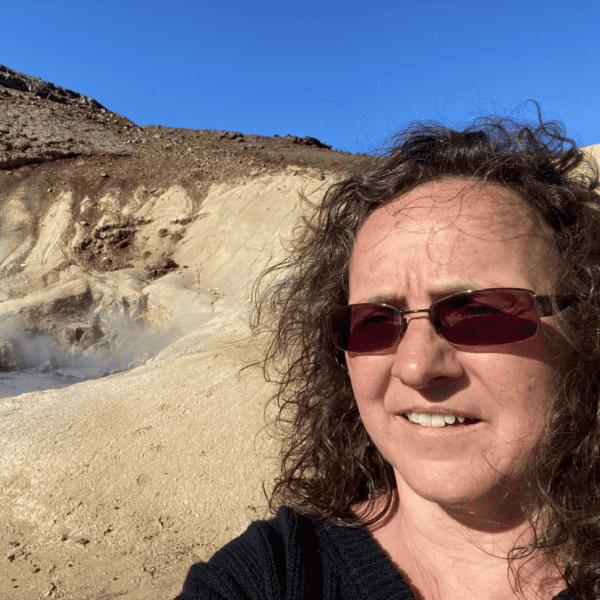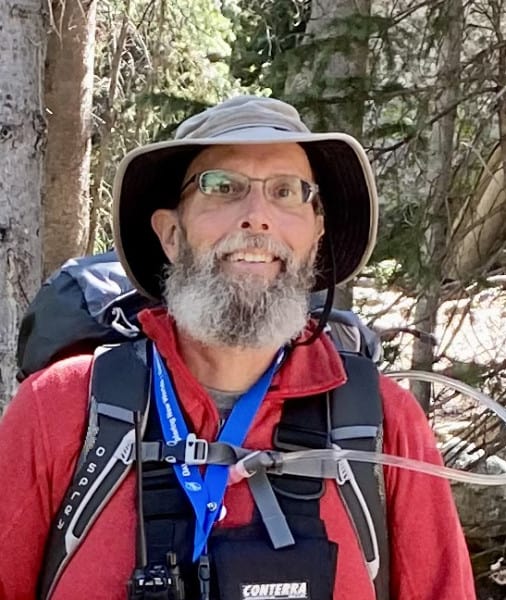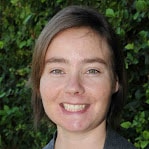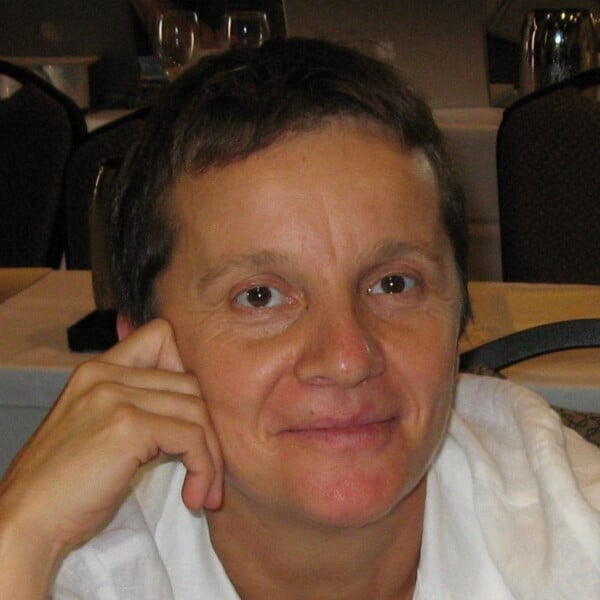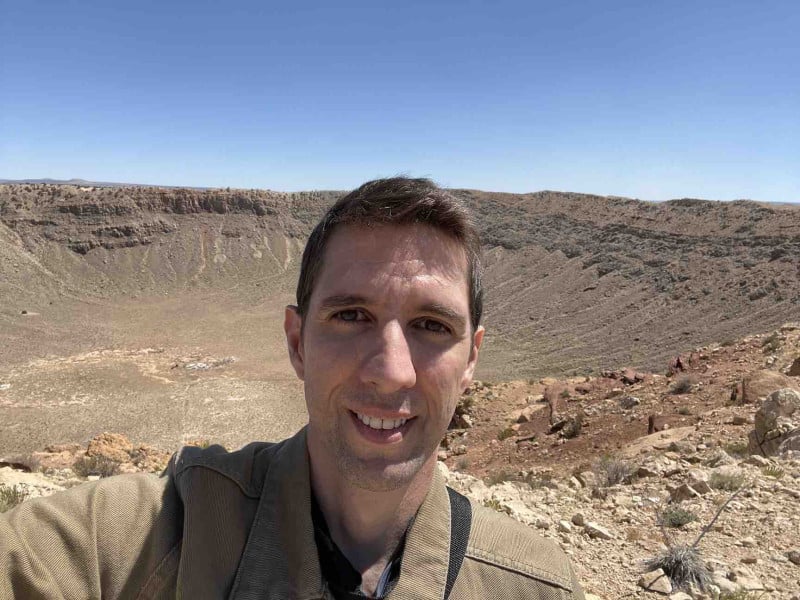Targets of Interest: Asteroids, Ceres, Dwarf Planets, Europa, Icy Satellites, Meteorites, Small Satellites, Titan, Vesta
Disciplines/Techniques: Geology, Geomorphology, Ground-Based Observing, Mapping, Mineralogy, Remote Sensing, Shape Modeling, Space-Based Observing, Spectroscopy
Missions: Cassini, Mars Express (ESA), DAWN, Hayabusa 1 (Jaxa), Hayabusa2 (Jaxa), OSIRIS-REx, Janus
Instruments: Cameras, Imaging Spectrometers, Spectrometers
Facilities: IRTF
I conduct research on the composition and evolution of the solar system bodies, including the planets, their satellites, meteorites, asteroids using the PDS and other data archives. My research in planetary sciences is based on both spacecraft datasets and ground-based data. I have expertise in the morphology and compositional properties of asteroids and icy moons. I use a variety of remote sensing techniques such as visible imaging, near-infrared and thermal infrared spectroscopy, and SAR, to investigate the origin, composition and evolution of bodies in the solar system. My most recent work focused on creating maps of small bodies and combine the topographic information with spectral properties. The resulting cartographic products help our understanding of the formation and evolution of planetary surfaces. When conducting mineralogical analysis, I often use laboratory data of planetary materials such as near-IR spectra of relevant meteorites.

Color images of asteroid Bennu during approach. Red as w, Green as v, and Blue as b’ filter.
